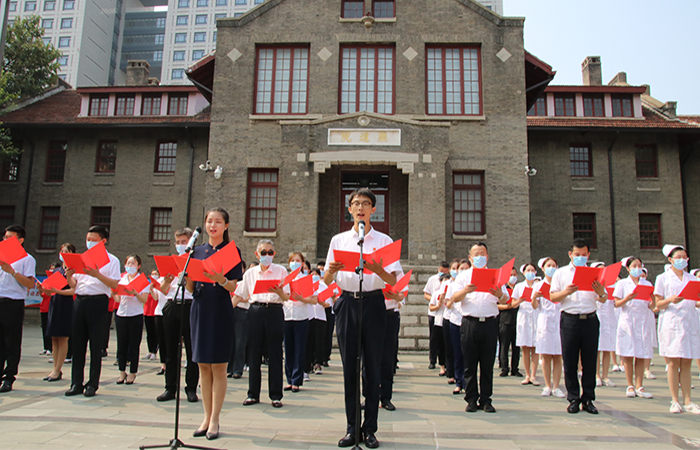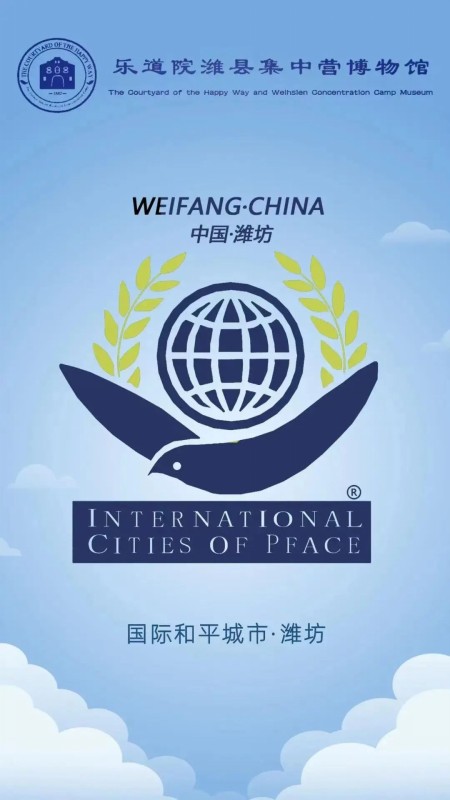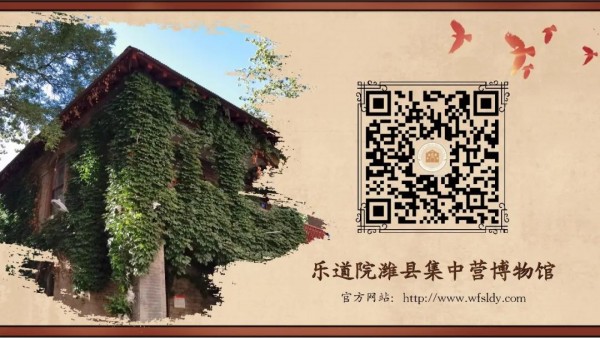
2023-02-08 20:00:00

Peace Education: Cultivating "Peaceful People" for a Peaceful Society
Peace is as warm as sunshine and as moist as rain. Peace is the common aspiration of people all over the world. The report of the Party's 20th National Congress points out that peace, development, fairness, justice, democracy and freedom are the common values of all mankind. However, the tree of peace is hidden in the seeds of peace, and peace needs to be nourished and nurtured before it can become a reality.
Peace education is about peace education. Peace is more than the absence of war; it means the creation of an active peace. Positive peace includes four aspects: first, natural peace: cooperation rather than struggle between species; The second is the immediate positive peace: the emphasis on verbal and material charity, caring for the basic needs, survival, happiness, freedom and identity of all human beings, epitomized by love, the union of body, mind and heart; Third, a constructive peace in which freedom replaces repression, equality replaces exploitation, and substitution is accomplished through dialogue rather than infiltration, integration rather than division, solidarity rather than isolation, participation rather than marginalization; Fourth, the positive peace of culture: replace the legitimacy of violence with the legitimacy of peace, and establish a positive culture of peace in the fields of religion, law, ideology, language, art and science, and in schools and media at all levels and of various kinds, so as to show rather than suppress people's different tendencies and talents.
Creating a "culture of peace" is an important basis for achieving positive peace. At the beginning of the 21st century, the United Nations proposed the International Decade for a Culture of Peace and Non-Violence for the World's Children. The United Nations' Transforming Our World -- the 2030 Agenda for Sustainable Development is the latest expression of a culture of peace in all its manifestations. The culture of peace covers a wide range of fields, from state-to-state relations and conflicts at the international level to daily life and behavior at the individual level, which can reflect the influence and role of the culture of peace. Therefore, as the opposite of peace, violence not only refers to conflicts, wars and other acts of violence between people and between regions, but also includes widespread but ignored structural violence -- the inequities and injustices caused by the inequities of the system design. Such as racial and gender discrimination, unreasonable division of labor, unfair distribution of resources, the gap between the rich and the poor, etc., under certain conditions will become the fuse of violent conflicts and wars.
Peace education aims to change the cultural inclinations of children to make them more inclined to live in harmony. All human beings have equal value. Whatever our differences in culture, beliefs, and customs, if we become prisoners of our own views or biases, we lose sight of the truth that others can see and that we should see, leading us to focus more on the causes of conflict than on finding alternative solutions. In today's society, cross-cultural and international understanding is an important feature of peace education. Culture is not an eternal and immutable entity, but a set of beliefs and practices that we inherit, question, and adapt as we choose. Culture and identity can be shared with others and enriched and developed through the process of sharing. Peace education embraces the idea of a community with a shared future for mankind, teaching us the importance of reaching beyond the boundaries of community and recognizing the connection between human beings. Peace education allows us to face history and ourselves, to see the world and ourselves through the eyes of others, and to contribute to lasting peace. The hope of peace education is that children grow up respecting peace and understanding how to enforce it. The goal of peace education is to cultivate "peaceful people" for a peaceful society.
Source: The original text is published in Fujian Education, No. 48, 2022
Author: Liu Cheng (Professor, Doctoral Supervisor, Nanjing University)
Editor: Xin Jiaying
Final adjudication: Li Shiqing, Sun Li
Submit to email: ldybgs@163.com

Last item:Bloggers should learn!
Next item:Clean culture in cultural relics